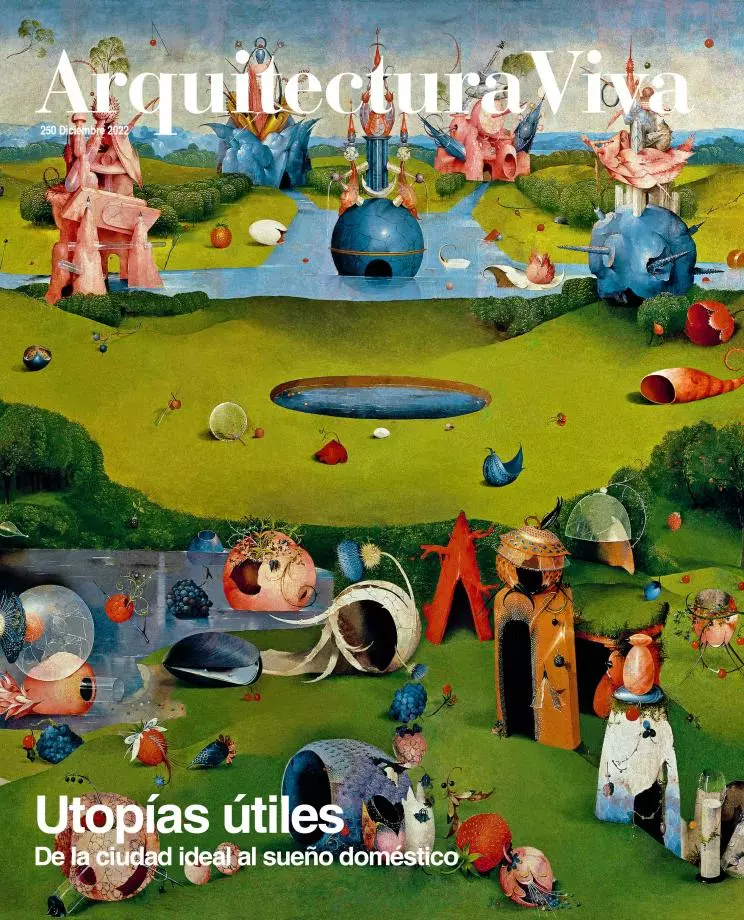
A revival of the ‘commons’ marks the last few decades. The term generally describes the managing of natural or social resources for direct benefit without intended profit. The commons can be any natural or artificial resource: from forests to lakes, from buildings to even digital software. They are neither public nor private, but directly governed by communities according to a set of rules and organized as ‘Institutions of the Commons.’ Initiated in the late 1960s, the discourse on the commons is currently regaining popularity. The commons is positioned as the most effective framework in handling pressing issues, such as the increasing commodification of urban space and the right to the city. The ‘way of the commons’ is often embraced by activists and social movements as both antidote and alternative to rampant neoliberal policies, hyper-mobile capital, and the seemingly irreversible retreat of the welfare state. Today, the popularity of the commons is often supported by an array of idyllic imaginaries, such as open-source use of both natural and digital resources, urban squatting, and communal gardening. However, these imaginaries support a reductive idealization of the commons which is romantically (or even naively) characterized by spontaneity and informality. The translation of the commons into a frictionless bottom-up practice can be defined as a form of ‘folk politics,’ or the politics of the immediate. These positions glorify the local, anti-authoritarianism, communally engaged direct democracy. According to Nick Srnicek and Alex Williams, folk politics can – at best – establish small clusters of non-capitalist relations, but fail to scale into a universal grand narrative of decommodification. As folk politics, the commons are easily reduced to a strategy of local conviviality and cannot structurally change society’s organization...
[+]






